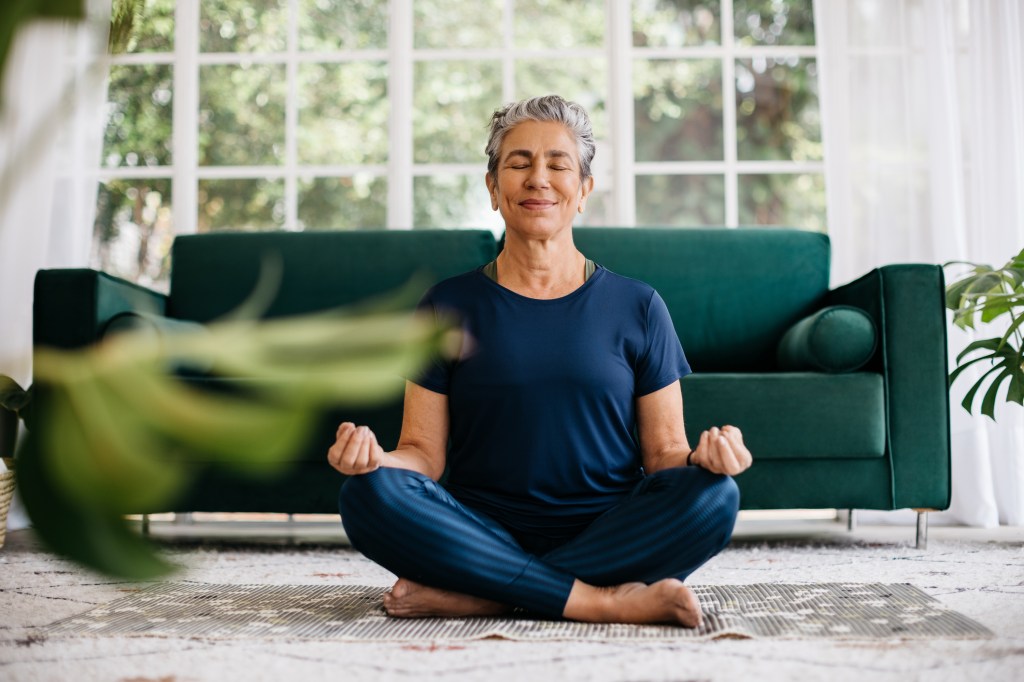Blood
Lower your blood pressure with meditation, ‘acts of kindness’: experts
Have high blood pressure? Don’t stress — relax and feel it melt away.
While your doctor might more likely to offer scientifically-backed tips like incorporating less sugar and salt into your diet, new research suggests that meditating and other forms of mindfulness practice could be a boon for those struggling to keep their numbers in check, according to a paper published in the Journal of Hypertension.
The report, compiled by an international panel of medical experts from 18 countries, recommends a variety of lifestyle tips to fight high blood pressure, including diet, physical activity, weight management and quitting smoking — but it also urges both doctors and patients to focus on the mind-body connection.
“It all sounds like it is a bit soft and fluffy and not as dynamic, for example, as taking drugs, but these things make such an important contribution to reducing the effects of stress on the cardiovascular system and the evidence is accumulating,” one of the study authors, Professor Bryan Williams, told the BBC.
“There’s so much people can do for themselves. All of us need to take a step back and say, actually, I should be able to find half an hour in my day to have a little bit of time to myself and decompress and just relax — whether it’s listening to music, going for a walk or going to the gym and doing some exercise,” Williams said.
Nearly half of Americans and 30 percent of people worldwide struggle with high blood pressure, also called hypertension, according to the CDC. Hypertension puts sufferers at a higher risk of having a deadly heart attack or stroke.
To prevent high blood pressure from overtaking a person’s life, the paper recommends people practice good sleep hygiene and focus on mindfulness techniques like meditation, yoga, and breathing techniques.

It also asks people to consider music therapy, gratitude practice, acts of kindness, and self-soothing techniques.
Good sleep, which can be tracked with certain phone apps, is extremely important, the experts said.
“It’s not just the duration of sleep but it’s also the quality of sleep. And the evidence suggests that most people should be trying to achieve seven hours of good quality sleep to try and reduce the effects of the stress of not sleeping and not decompressing,” said Williams, of University College London.

The medical experts also took the pulse of social media to determine whether any trending health tips hold water.
“What we have tried to do is look at all of the evidence for all of the different things that quite often pop up on social media and try and work out how much of it has a scientific basis and how much of it is a sort of fad,” Williamss said.
TikTokers’ tips like taking Omega 3 fish oil, taking probiotics, drinking pomegranate and beetroot juice and avoiding too much caffeine all have health benefits, it turns out.

In addition to meditating, the paper also recommends people breathe healthy air by limiting exposure to pollution and environmental toxins. Doctors can always prescribe pills, but treatment with medicine should coincide with lifestyle changes.
This isn’t the first study that finds lifestyle can have a great impact on blood pressure. A study published earlier this year found that just 30 minutes of phone use per week could wreak havoc on your numbers.
And having regular sex might set pulses racing — but it keeps blood pressure low, according to another study.

